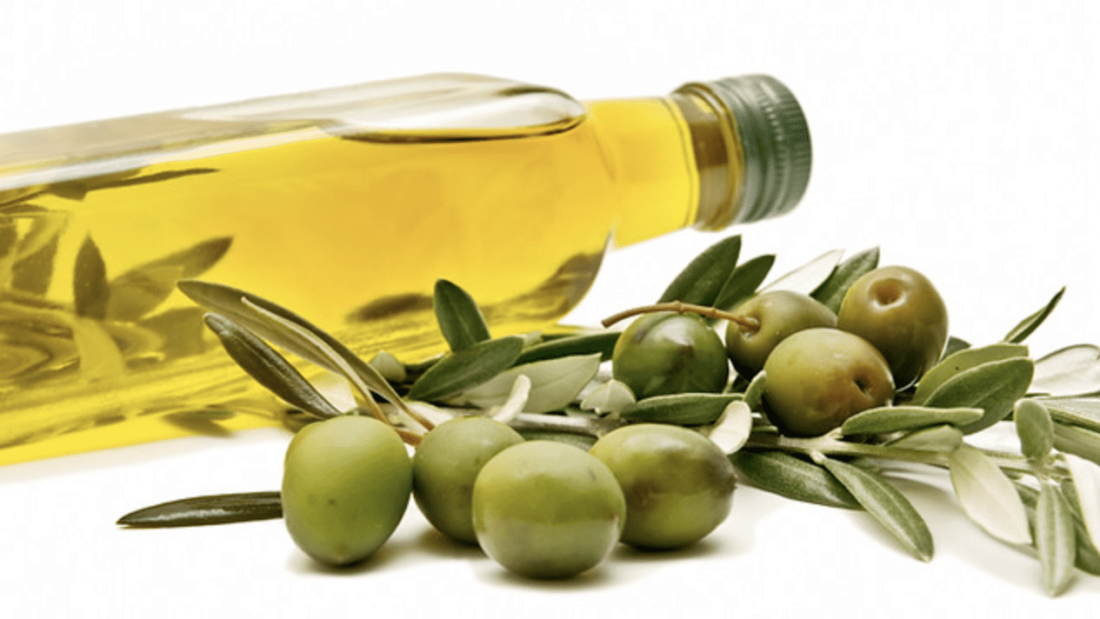
The president of Dcoop, Antonio Luque, has denounced widespread fraud in the Spanish olive oil industry. The head of Dcoop, which bills itself as the “biggest olive oil producer in the world,” has demanded that the government, whether national or regional, investigate it, since the oil is a product where Spain is a leader in production, according to El Debate.
“We have been silent for 40 years, but we are not going to allow it anymore. The administration has to do something because fraud is not being monitored,” Luque stated in a meeting with the media.
Olive oil prices have skyrocketed in the last several years, far beyond even high inflation rates, due to dry weather conditions causing a drop in olive production. The sector has warned that the situation was ripe for fraud in the olive oil market. This fraud, Luque said, consisted of mixing olive oil with other cheaper food oils such as sunflower oil but selling it as pure olive oil.
“We do not have evidence to take them to court, but we do have very solid evidence and we lack an administration, both national and regional, that wants to stop it and wants to end this,” he stressed, demanding that the prosecutor’s office start an investigation.
Luque called for the government to implement traceability requirements, as already done in Italy. The president of the cooperative said that “major fraud in olive oil was invented in Italy.”
“This issue is already under control there, thanks to traceability, but fraud has been moved to Spain,” he explained.
Comments from the general director of Dcoop, Rafael Sánchez, concurred with those of Luque as he said this is “the moment to put an end” to such fraud and “clean up the image of this product and exercise the leadership that Spain deserves” in the olive oil sector.
Spain is the largest producer of olive oil in the world. Manufacturing almost half of the world’s production and double the quantity of Italy, the next largest producer.
At the press conference, the leaders of the cooperative also stated that olive oil prices were dropping as the coming olive harvest looked to be a bumper crop, particularly compared to the last five years, and that consumers were already seeing a decrease in price.
